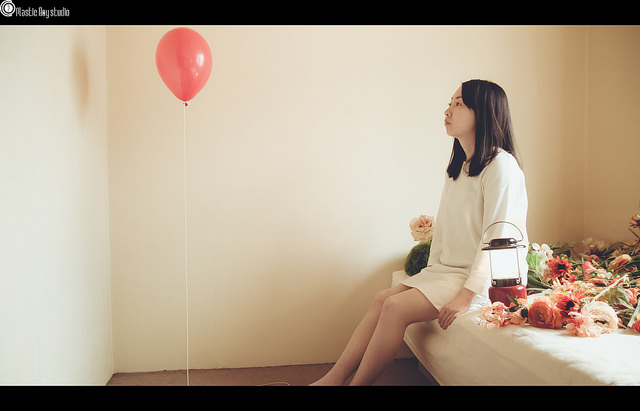For most of my life, I have been told by others—usually well-meaning people—that I hold on to things for too long.
It’s true.
I remember being 19 years old and heartbroken after the loss of my first true love and my grandmother saying, “Don’t worry. You’ll move on. A year from now you won’t even remember this!”
She was partially right. I had moved on, but I still wasn’t completely over it. I also still remembered it. Indeed, I still do to this day and probably will for the rest of my life.
While time is a great healer of many wounds, whoever said it heals all wounds was wrong. I’ve written extensively about the importance of forgiveness, the need to move on from major setbacks, etc. However, there are always going to be some things that just don’t go away. I refer to them as chronic wounds.
As a history buff who has always been fascinated by the Tudor kings and queens of England, I always think of it as the chronic leg wound that Henry VIII got from jousting. For those that aren’t familiar with the tale, Henry got the wound in his thirties and it was to plague him for the rest of his life. Some days were better than others, but some times, the wound swelled up and without getting too gory, it would become infected and have to be drained causing him great pain. While he didn’t die from it, it was nonetheless with him for the rest of his life.
While that is an extreme example, some wounds are like that, especially when it comes to things that happened to us when we were very young, and they never got the treatment they deserved. Going back to my Henry VIII analogy, the “doctors” in his time believed, amongst others things, that sprinkling gold chips in the open wound was a good way to heal it. Needless to say, this only made a bad situation worse.
Likewise, not acknowledging bad things that happened, the full measure of the pain we went through, and trying to ignore it or telling ourselves we are over it even when we are not is just as bad.
A recent example in my own life is the death of my father which happened nearly a year ago. As I have discussed in previous posts, my relationship with my father was complex and could been the subject of a book. Even though he had lived and battled Stage Four cancer for over three years before he died, his actual death still took me by shock. It also wasn’t helped by the fact that my son had just been born six weeks prior to his death, and we had a massive falling out in mid-December. Indeed, he would never even get to meet his only grandson.
As those first weeks passed, I thought that the worst was over and I would get over the rest. However, as the months passed, it was clear that this was not how I envisioned it which was a bit like taking a journey to a specific destination: if I followed the directions and stayed on the correct roads I would get there. Little did I know it was more like being dropped off in the middle of an uncharted territory with only a crudely drawn map and told to find my way home. There were times when I felt like I was making a lot of progress and other times where I felt sidetracked and completely off course.
Lately, I have been thinking that maybe there never will be a way home. Rather than scare me, it gives me an odd sense of comfort.
My relationship with my dad was one of the most important ones in my life and certainly impacted me in many ways, especially when it came to how I viewed men in general. The unfinished business we had will always be part of my life. Much like a chronic wound, it needs to be taken care of when it starts to hurt and throb. Maybe, like Henry VIII’s real life wound, my psychological one will be with me for the rest of my life. Or maybe, it will one day it will heal and become a scar—which in this case would be a symbol of what was and surviving it. In any case, I will not be my wound/scar. I may not like it, but it is part of who I am.
Relephant:
Learning to Leave the Past Behind in 7 Steps.
~
Author: Kimberly Lo
Editor: Travis May
Photo: Motoki Plasticboystudio


 Share on bsky
Share on bsky





Read 2 comments and reply